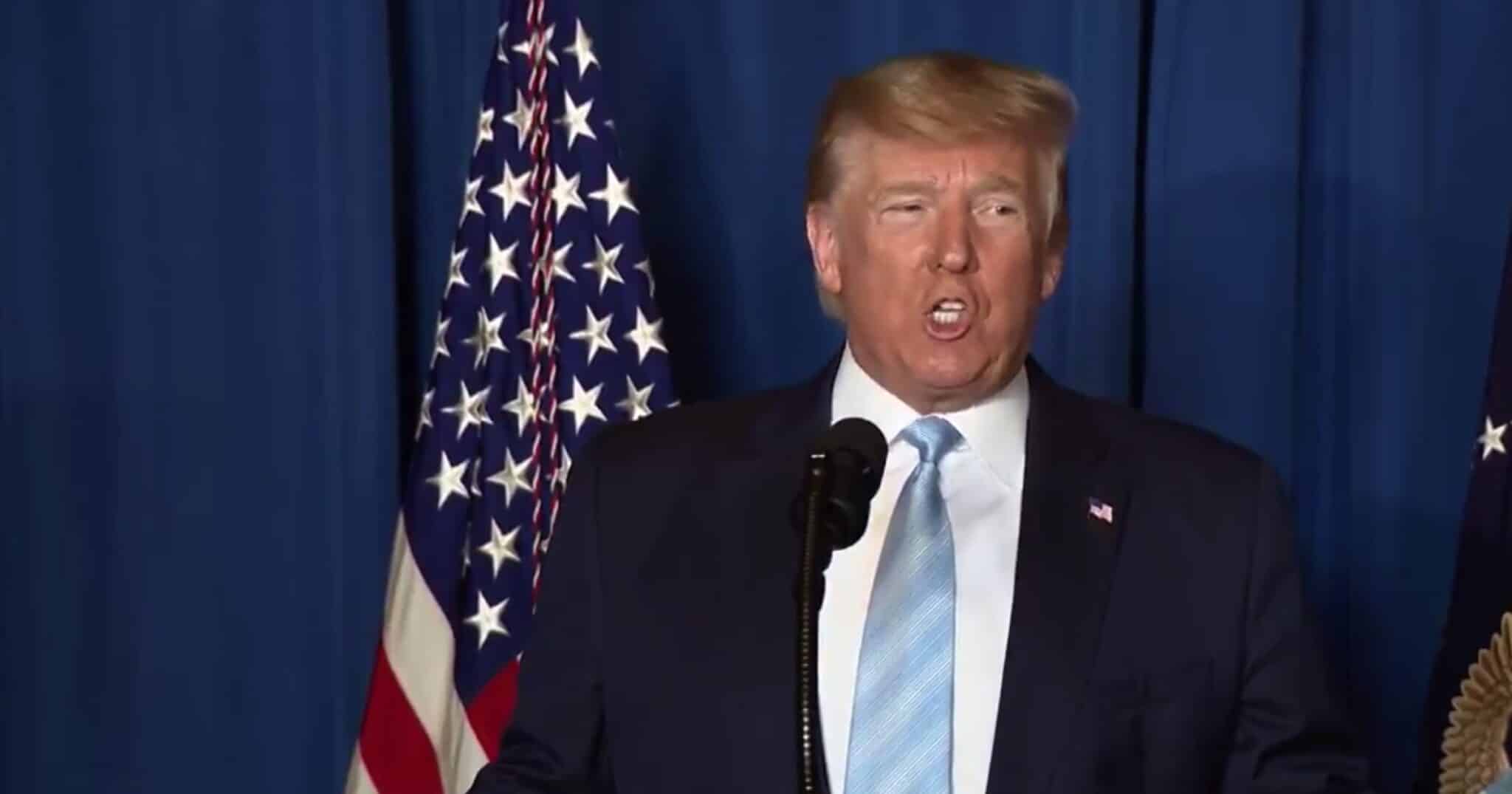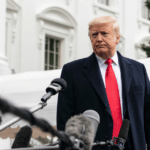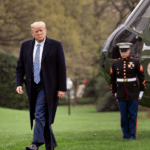





A shocking assassination attempt on former President Donald Trump unfolded during a rally in Butler, Pennsylvania, sparking a critical review of the Secret Service's response. The attack, executed from a rooftop, resulted in three injuries and a bullet striking Trump himself.
On a calm evening in Butler, PA, the scene quickly turned chaotic at 5:52 p.m. when 20-year-old Thomas Matthew Crooks was spotted on a rooftop. ABC News reported that authorities, already on high alert, had identified Crooks as a person of interest an hour prior to the violence.
Crooks, prepared and determined, had extensively researched both President Joe Biden and former President Trump.
His digital footprint included searches related to the rally and significant political events like the Democratic National Convention.
The young gunman had also been on a shopping spree, purchasing an ammunition box from Walmart and a 5-foot ladder from Home Depot in the days leading up to the rally. However, it was an air conditioning unit, not the ladder, that aided his climb to the rooftop of the American Glass Research building adjacent to the rally site.
Despite the initial delay in identifying his location, once Crooks began firing at 6:12 p.m., the response from the Secret Service was nearly instantaneous.
Within 26 seconds, counter-snipers had neutralized the threat.
This rapid containment prevented further tragedy, highlighting the precision and readiness of the security details in place.
Crooks was equipped with more than just firearms; his car and residence contained suspicious devices and a remote transmitter, suggesting he might have planned additional attacks.
In their quest to understand Crooks' motives, the FBI conducted over 200 interviews.
Findings suggest that Crooks was a loner, often isolated and previously bullied, which may have influenced his drastic actions.
The profiles emerging from these investigations paint a picture of a troubled young man, whose actions on that fateful day were out of sync with the rest of his quiet, albeit troubled, life.
As part of the ongoing investigation, every detail of Crooks' preparations and actions is being scrutinized, from his digital searches to his tactical movements on the day of the rally.
The Secret Service's reaction time, despite their swift action once the shooting started, has come under public and political scrutiny. The delay in intervening after Crooks was spotted has raised questions about potential lapses in surveillance and coordination.
"Welcomes the opportunity to testify," stated a Department of Homeland Security spokesperson regarding Kimberly Cheatle, the director of the Secret Service, who is at the center of this scrutiny.
Cheatle herself acknowledged the challenges faced by her team. "Seeking that person out, finding them, identifying them, and eventually neutralizing them took place in a very short period of time, and it makes it very difficult," she explained in an ABC News interview.
The cooperation between local police forces and the Secret Service was crucial in managing the rally's security. Cheatle noted, "In this particular instance, we did share support for that particular site and that the Secret Service was responsible for the inner perimeter."
This statement highlights the layered security strategy that, while effective in halting the shooter quickly, will be analyzed for its initial phases of the incident response.
As the investigation continues, the coordination between various law enforcement agencies and the effectiveness of their preparatory security measures remain a key focus of inquiry.
The incident has stirred a wide range of reactions from the public and political figures alike, reflecting on the state of national security and the political climate that may have contributed to such a violent act.
Political analysts and security experts are weighing in on the implications for future public political events, stressing the need for a balance between accessibility and security.
As the nation watches, the outcomes of this investigation may lead to significant changes in how political figures are protected during large public gatherings.
In conclusion, the assassination attempt on Donald Trump was a critical moment that tested the efficiency and readiness of the Secret Service.
From Crooks' initial identification to the quick de-escalation of the threat, the incident's every aspect is under review. The collaboration with local law enforcement, the background of the assailant, and the implications for future security measures are all being scrutinized as the investigation unfolds.



